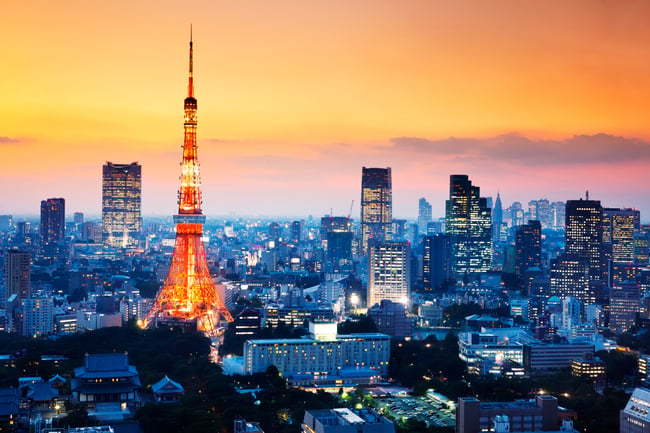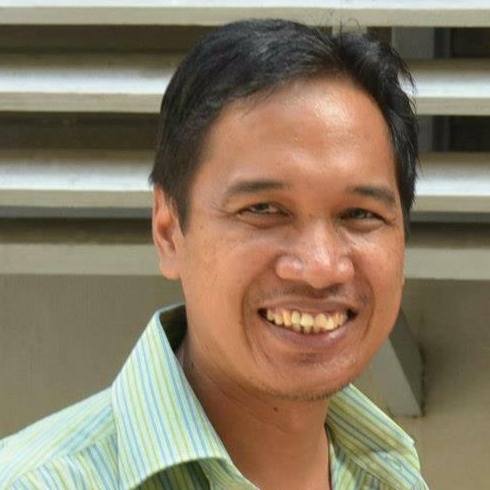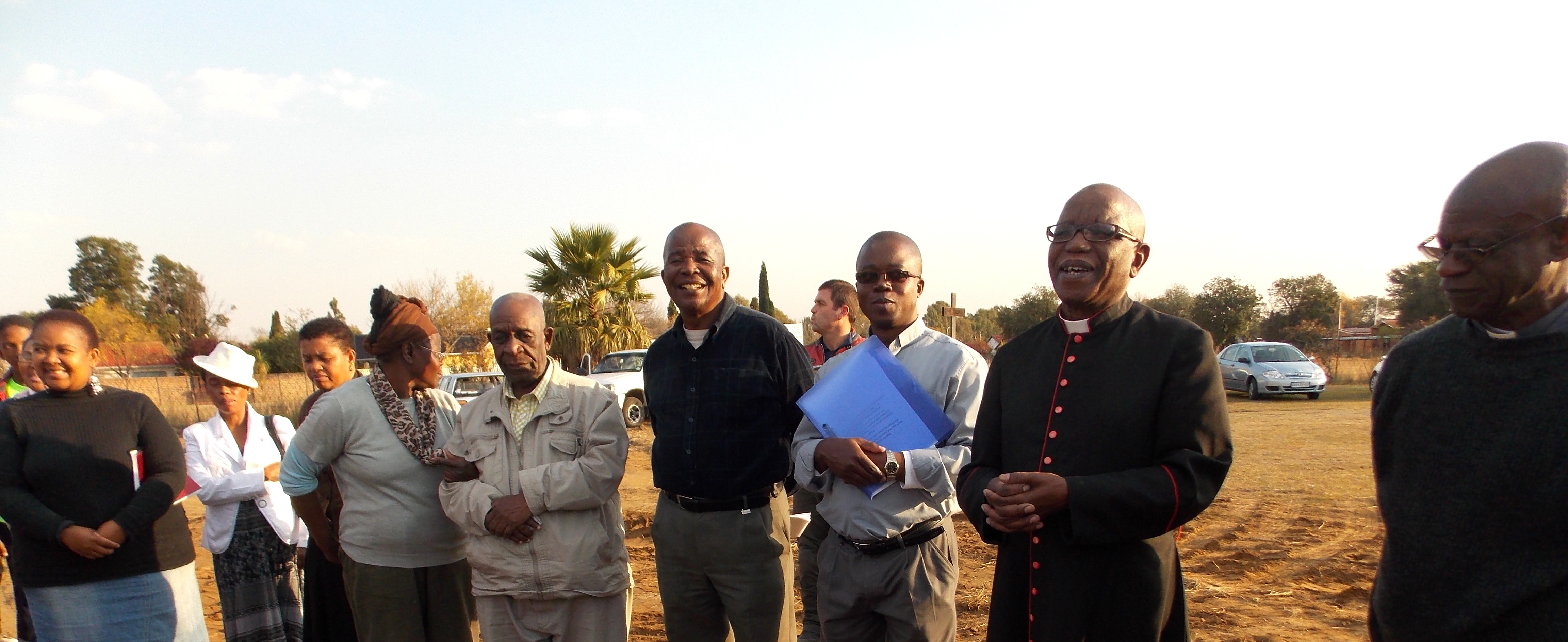
On Christmas Day in Japan, one in three Japanese citizens will walk past Christmas trees and storefront Santas to go to Kentucky Fried Chicken and order what they happily consider the traditional American “Christmas Chicken” meal.
For their wedding day, over 60% of Japanese brides and grooms are planning “Christian style” weddings: made “picture perfect” by hiring a Caucasian man, dressed as a priest or minister, who leads them through a version of the traditional Christian rites of marriage – complete with Bible readings.
Christmas? Christian Weddings? In Japan?
As promising as it sounds that the Japanese culture has embraced Santa Claus, Christmas and Christian-style Western weddings, the percentage of people who claim to be Christian continues to rest solidly at 1% as it has for decades. This rate is lower than even South Korea, which estimates that 30% of their population is Christian.
Adopting traditions is not unusual for the Japanese who like to borrow different customs or ceremonies and incorporate them into their own celebrations. In fact, there’s a common phrase in Japan that the Japanese are often “born Shinto, marry Christian and die Buddhist.”
This does not mean that they change religions, just that they adapt the customs for their ceremonies. They make the focus more on “orthopraxy,” making sure the ritual is correct, instead of orthodoxy, making sure the belief underlying the ritual is correct.
The spiritual values underlying each of those traditions or faiths are never really touched.
Too busy for religion
This is not to say that the Japanese don’t appreciate Christianity for its music, art and literature, and some are even moved by the Gospel and its values. But developing a faith life is not common, religious instruction is not allowed (even in most missionary schools) and families do not talk about God or pray at home.
Those who do seek out their faith are considered mentally unstable and are looked down upon in the Japanese culture. They think that those who go to church are mentally sick or because they are jobless and are useless to the society. This impression is probably based on an ounce of truth: the Catholic Church is one of the only non-judgmental places in Japan that welcomes those who are suffering from depression.
As you can imagine, it is very difficult for someone who wants to become Christian to follow through with it by themselves. The pressure to conform and the family pressure of worrying what others may think is stronger than the individual need to follow a calling to God. Being different in Japan requires a lot of courage but also requires thinking beyond their cultural mindset.
Even those who have embraced Christianity have a hard time letting go of the cultural pressures. Parents usually report that their children who are baptized are “Isogashii,” which means they are busy. And indeed, they are so.
Most of them go to school from Monday to Sunday. On the weekend, they go to school and attend their different clubs’ activities such as: judo, baseball, basketball, karate, cooking lesson, music lesson, etc.
This really is one of the most difficult mission fields in the world – not because of any kind of direct religious persecution, but because of the indifference.
Facing the dead end at the top
The Japanese culture places a greater emphasis on work, promotions and success above everything else – even family or health. They are very hardworking and work from Monday to Sunday. Even the young adults, struggling to be financially independent, work extra part-time jobs. For them, going to church is a waste of time.
Marriage is becoming less popular. Getting married and having kids is becoming even rarer. Their focus is often on economic success.
But this economic success is very difficult to achieve. According to surveys 90% of the people consider themselves as “middle class,” yet while being able to enjoy many luxuries of life they cannot afford buying their own home because of the high cost of real estate. The low birth rate (10 per thousand) also reflects the high cost of raising children because of expensive housing and education.
A number of telltale signs of late are causing people to reconsider the “economic miracle” of the so-called “Japan Inc.”: collapse of the lifelong employment system as more companies shift their production lines abroad, deaths caused by overwork, widespread alcoholism and growing drug use, school dropouts, suicide in all age brackets, unending corruption and graft scandals because of cozy relationships between politicians, business and bureaucrats.
Life has no purpose?
A disturbing World Health Organization report in 2012 reported that the suicide rate in Japan is 60% higher than the global average at 18.5 suicides for every 100,000 people. (This averages out to one suicide every 40 seconds.) The rate compares with 12.1 in the United States and 7.8 in China.
Why? Pressure to conform, peer pressure and lack of identity are among the main reasons cited. A Gallop poll in 2008 revealed that nearly 13% of teens felt that life had no purpose and wish they had not been born (versus 1% in the U.S.) The suicide rate in Japan among teens reflects this reality.
A small percentage of the culture does actively search for a meaning in their life but they are often drawn to the new, fad-religions or the growing presence of cults. One of the most popular cults to hit the news was Aum Shinrikyo (Aum) which started in 1989 as a yoga/meditation class. It was known to have attracted graduates from Japan’s most elite universities and was considered “religion for the elite.”
It has now been formally acknowledged by several countries as a deadly terrorist group after using a unique interpretation of Buddhist ideas to justify violence and orchestrating a deadly sarin attack on a Japanese subway in 1995.
This country is in desperate need of spiritual help – but how can you introduce Christ into a culture that doesn’t even know what faith is? You have to start with friendship, fully rely on the promptings of the Holy Spirit, and be okay with being “in it for the long haul.”
Our missionaries in Japan dedicate their lives to befriending the lost and broken hearted, introducing them to the faith, and teaching them about what it means to know, love, and serve a relational God.








